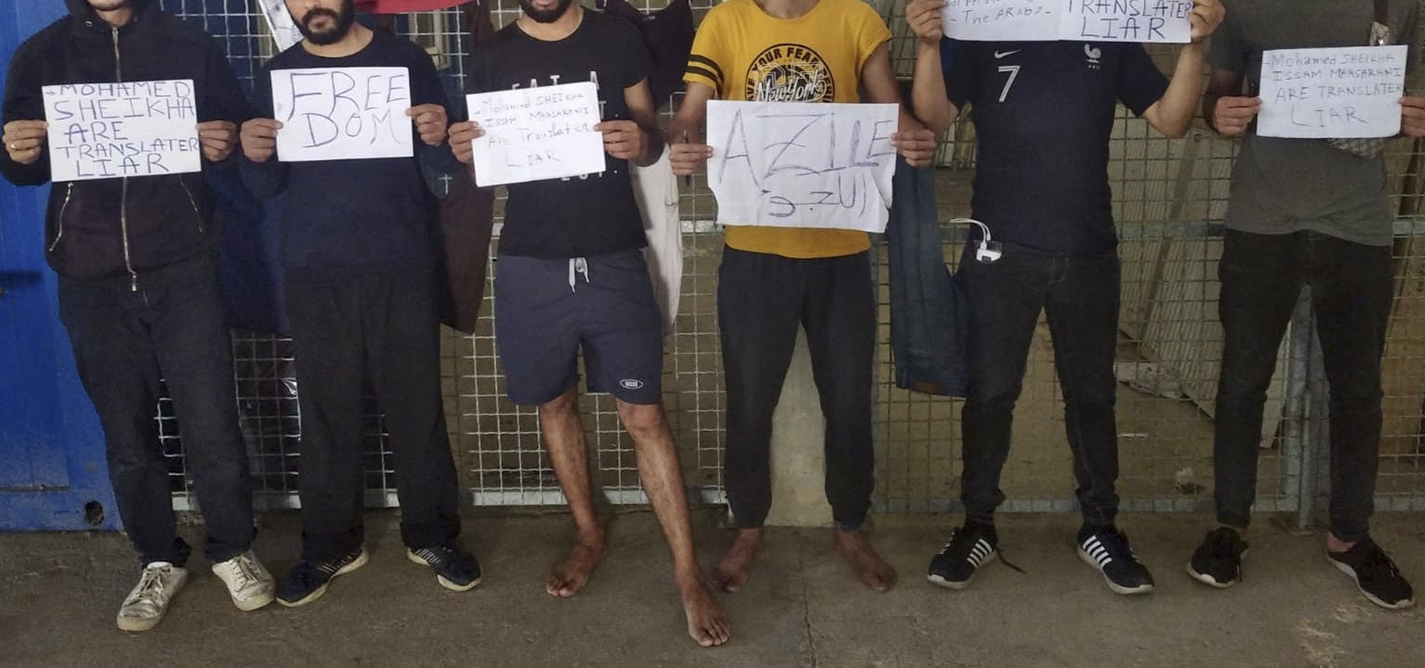
Cries for help from the Balkan Route
Access to asylum remains a problem in Slovenia.
“Systemic problems and irregularities when it comes to deprivation of personal liberty in Slovenia have been known and well analyzed for at least five years.”
Saša Zagorc, law professorIn the first half of the year, 64 out of 120 asylum requests were rejected as “obviously unfounded.”

Kristina Božič
Kristina Božič is a journalist from Slovenia.
This story was originally written in English.